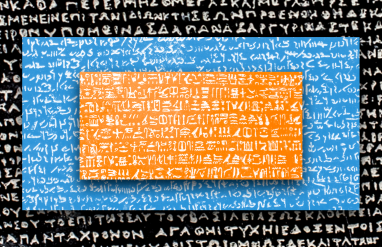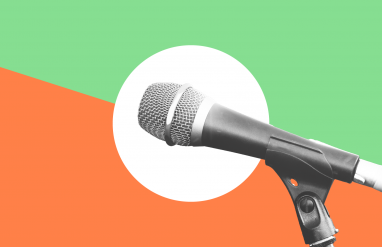Asdjfoaasdasdasdasd
English spelling can be so inconsistent, so random-seeming, so frustrating that it can make you want to pound out on your keyboard: “Asdjfoaasdasdasdasd!”
“Asdjfoaasdasdasdasd” looks like a keysmash, or a random string letters typed out, usually to express intense emotion—such as, you know, your feelings about spelling.
It’s also, according to our data scientists, the #1 top misspelled search term on Dictionary.com in 2019 so far.
And #2? “Rayvoli.” Let’s hope we’re all better at cooking pasta (ravioli, we assume) than we are at spelling.
This data comes from when users search for a word on Dictionary.com but misspell it (“grammer” for grammar), or when we don’t currently have an entry for a correctly spelled term (yes, we see your searches for Fortnite).
But, don’t feel bad! First, English spelling is hard. Second, our website suggests the word you were trying to spell if a typo or error lands you on “No results found.”
And, as we looked through the data, we discovered that your misspellings can actually teach us a few things about why we misspell the words we do.



















